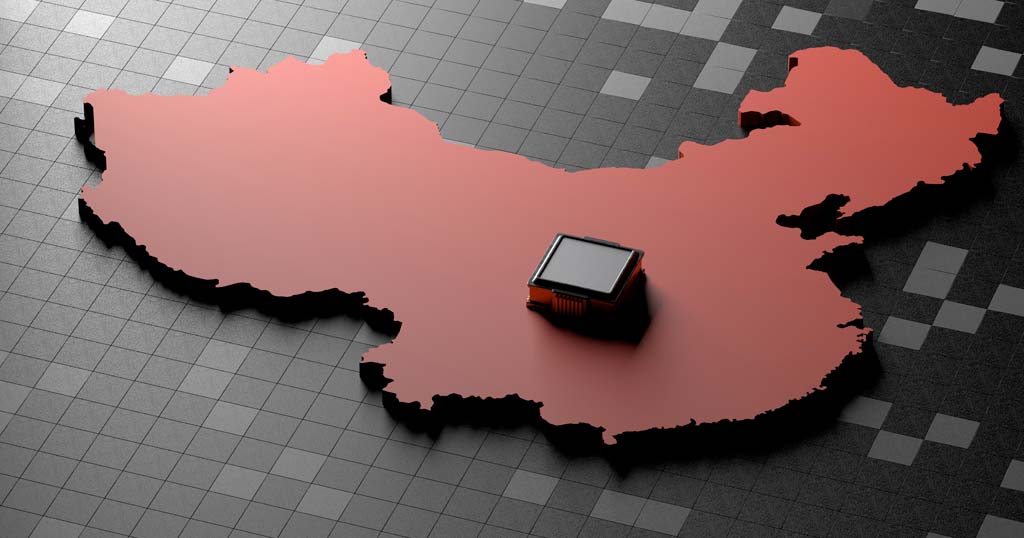It’s tough times for car folks. And as the chip shortage lingers, the tough times is spreading to the economy as a whole.
The turmoil in the auto community is expanding rapidly, threatening brand growth and sending explosions through the entire industry. With the auto industry accounting for about 3% of global economic output, a slowdown in automaking can leave scars that take years to recover from. Some may never disappear.
So, where are we now? Well, for every car or truck that does not roll off an assembly line in Detroit or Stuttgart — there’s a job, somewhere, that is now in jeopardy. From miners digging ore for steel in Finland, to workers molding tires in Thailand, or Volkswagen employees in Slovakia installing dashboards in SUVs. The sad reality is this: Their livelihoods are at the mercy of supply shortages and shipping chokeholds that are forcing factories to curtail production.
The impact from the semiconductor crisis, which is forcing virtually all carmakers to eliminate shifts or temporarily shut down assembly lines, could be strong enough to push some countries into recession. In Japan, home of Toyota and Nissan, parts shortages caused exports to fall by 46% in September compared with a year earlier — an indication of the car industry’s importance to the economy. “It’s a very meaningful drag on growth and employment,” said Ian Shepherdson, chief economist at Pantheon Macroeconomics.
Paul Jacques is among the people who may be most profoundly affected. He works in Tecumseh, Ontario, for a division of components supplier Magna International, which makes seats for a nearby Chrysler minivan factory. Jacques, 57, was on the assembly line when he heard that Stellantis, Chrysler’s parent company, planned to eliminate a shift in Windsor, Ontario, because of shortages of semiconductors, the computer chips essential to cruise control systems, engine management and a host of other functions.
And as you’d expect, prices are on the rise as retailers pass on some of the pain to car buyers. Ford and General Motors last week both reported big drops in sales and profits for the summer period, but raised their profit forecasts for the full year. Daimler, the maker of Mercedes-Benz cars, said Friday that its net profit rose 20% in the third quarter even though the company sold 25% fewer vehicles. Higher sticker prices more than made up the difference.
The squeeze started last year as the prices of key raw materials like steel and copper began climbing. As always, workers and families feel the full force of the shortage. Auto companies have been allocating scarce chips to high-end and other vehicles that generate the most profit, that means customers for smaller, less expensive cars must wait. Used car prices are skyrocketing because of the lack of new cars. Vehicles with high profit margins like Ford F-150 or Chevy Silverado pickups “are continuing to get pumped out,” said Ram Kidambi, a partner at consulting firm Kearney who is based in Detroit. “But vehicles that have lower margins are getting impacted, and therefore the workforce there is getting impacted.” It’s difficult to calculate just how much auto industry problems will spread to the rest of the economy, but there is little doubt that the effect is enormous because so many other industries depend on carmakers.
While semiconductors are the largest single problem category, they’re not the only components in short supply. Carmakers are also scraping for the plastic used to hold windshield wiper fluid and mold the dashboard as well as the foam used to construct seats, said Dan Hearsch, managing director in the Detroit office of the global consulting firm AlixPartners.
AlixPartners estimates that shortages mean that 7.7 million fewer vehicles will be produced this year, costing the industry $210 billion in lost revenues.
The longer that shortages persist, the deeper the economic effect. Modern economies need vehicles to function. Trucks, essential to moving goods, are hard to come by these days, a constraint on growth.
“We are basically sold out in Western Europe and North America until next year,” Martin Daum, the head of Daimler’s trucks unit, said, citing the chip shortage.
There is no sign the crisis will end soon. Semiconductor-makers have promised to increase supply, but building new factories takes years and car companies are not necessarily the most important customers.
















